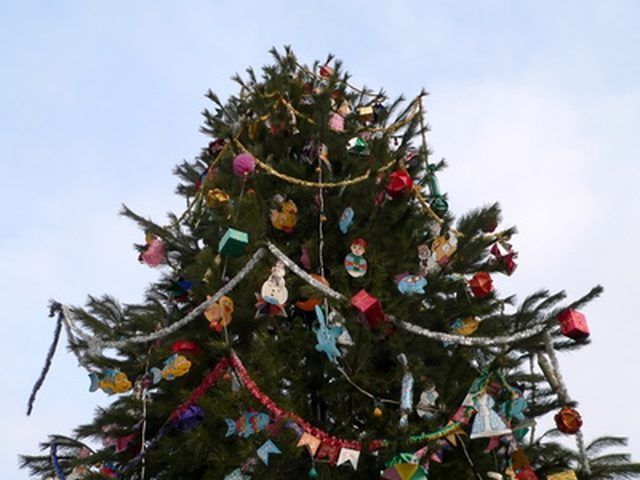Bulbs
Flower Basics
Flower Beds & Specialty Gardens
Flower Garden
Garden Furniture
Garden Gnomes
Garden Seeds
Garden Sheds
Garden Statues
Garden Tools & Supplies
Gardening Basics
Green & Organic
Groundcovers & Vines
Growing Annuals
Growing Basil
Growing Beans
Growing Berries
Growing Blueberries
Growing Cactus
Growing Corn
Growing Cotton
Growing Edibles
Growing Flowers
Growing Garlic
Growing Grapes
Growing Grass
Growing Herbs
Growing Jasmine
Growing Mint
Growing Mushrooms
Orchids
Growing Peanuts
Growing Perennials
Growing Plants
Growing Rosemary
Growing Roses
Growing Strawberries
Growing Sunflowers
Growing Thyme
Growing Tomatoes
Growing Tulips
Growing Vegetables
Herb Basics
Herb Garden
Indoor Growing
Landscaping Basics
Landscaping Patios
Landscaping Plants
Landscaping Shrubs
Landscaping Trees
Landscaping Walks & Pathways
Lawn Basics
Lawn Maintenance
Lawn Mowers
Lawn Ornaments
Lawn Planting
Lawn Tools
Outdoor Growing
Overall Landscape Planning
Pests, Weeds & Problems
Plant Basics
Rock Garden
Rose Garden
Shrubs
Soil
Specialty Gardens
Trees
Vegetable Garden
Yard Maintenance
Why Do Evergreens Have Needles?
Why Do Evergreens Have Needles?. Instead of flat leaves that dazzle us in the fall with their vivid coloring, some trees--the evergreens--have needles instead. The trees are called "evergreens" because the needles stay green, and the tree retains its needles, year-round. These prickly needles serve an important purpose, enabling the tree to...

Instead of flat leaves that dazzle us in the fall with their vivid coloring, some trees--the evergreens--have needles instead. The trees are called "evergreens" because the needles stay green, and the tree retains its needles, year-round. These prickly needles serve an important purpose, enabling the tree to survive.
Definition
An evergreen is a tree that does not lose its needles all at one time. The evergreen tree typically drops its needles as they age, growing new ones in their place to maintain coverage year-round, unlike deciduous trees, which drop their leaves and become completely bare in the winter. Some common evergreens are pines, spruces and firs.
Function
The function of evergreen needles is simple: they don't absorb water--their job is to help retain it. Once trees have drawn water up from the soil they need to keep it and be able to use it to meet their daily needs. Trees can lose precious water reserves through the evaporation process that takes place in the leaves or needles. Needles, due to their thinner and more narrower shape, lose less water than flat, wide leaves do, since leaves make an easier target for the sun to draw water from.
Significance
Trees get their water from the soil. But 99 percent of the water that is absorbed is eventually lost through the evaporation process that occurs in the trees' leaves or needles. An evergreen tree is better able than other trees to control that water loss because it has needles instead of leaves. The evaporation process is slowed. This is why evergreen trees can survive in some areas and conditions that other trees cannot. They lose less water, so even if water is in short supply in the soil, they will still keep most of what they are able to soak up.
Misconceptions
Not all needles on evergreen trees are the same size, color, length or shape. For example, pine trees have clusters of needles grouped together, but spruce and fir trees have individual needles. The color and length of needles vary from one tree to another and are more a result of environmental conditions than serving any specific purpose, since all the needles (regardless of size) still help retain moisture.
Considerations
If you are one of the millions of people who bring a real tree into your home for the Christmas holiday, you more than likely bring in an evergreen--needles and all. But you might want to forgo the Blue Spruce tree due to its stiff and sharp needles, which can be quite painful when you're handling the tree, according to Ohio State University.